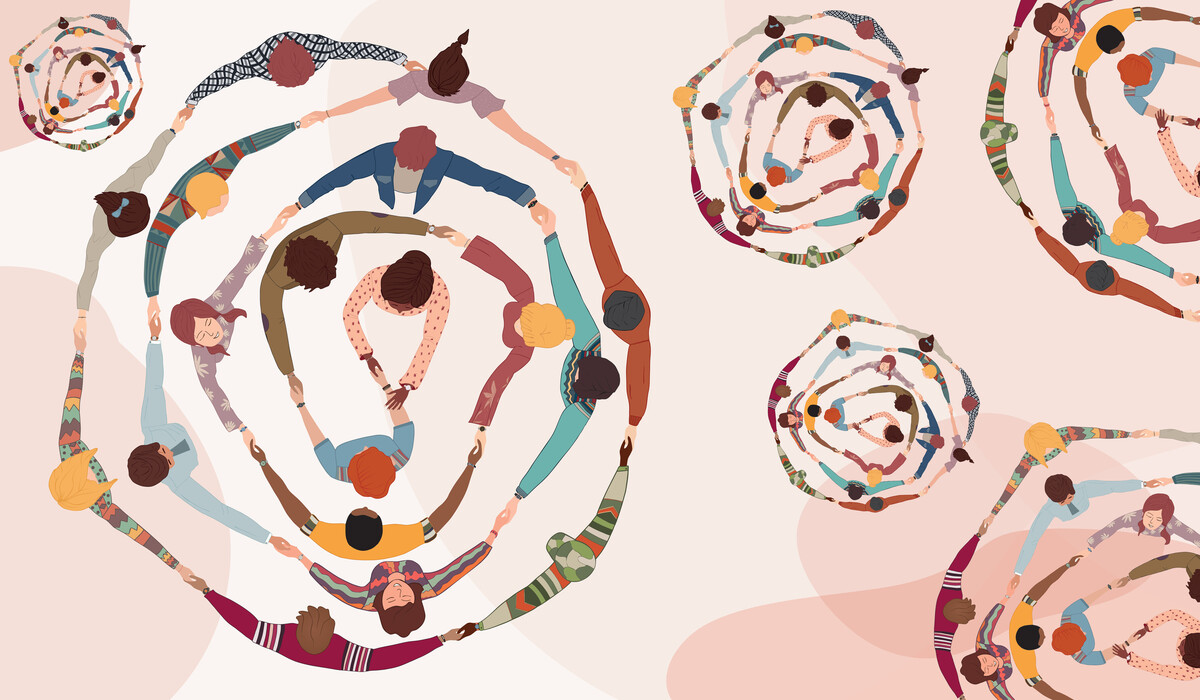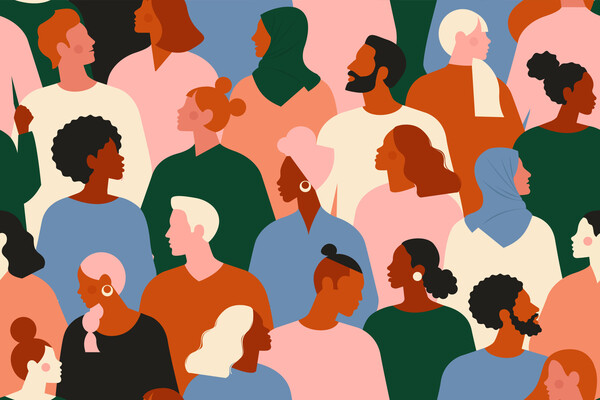There are many offices across Temerty Faculty of Medicine and U of T that are committed to advancing equity, diversity, inclusion, Indigeneity, and accessibility for learners, staff, and faculty members. Review the information below for an overview of supports that Temerty Medicine learners, staff, and faculty members can access.
Temerty Medicine Inclusion and Diversity Portfolio
We create pathways for future learners and communities who face systemic barriers to connect with educational opportunities at Temerty Faculty of Medicine and increase representation in health science programs.
We promote transformative learning, collaboration and support on issues of equity, diversity and inclusion for learners, faculty and staff to advance human rights and social accountability in our institutions.
We support learners, faculty and staff in respectfully valuing Indigenous ways of knowing and being, to foster an environment where Indigenous People are welcomed and able to contribute and learn.
The AODA Office ensures that U of T is meeting the AODA standard obligations as legislated by the Province of Ontario and makes the University accessible for all staff, faculty, librarians and students.
Accessibility Services assists in navigating disability-related barriers to student academic success for on-going or temporary disabilities.
The ARCDO works in collaboration with other equity offices and partners (including students, faculty and staff) to promote a campus that is free of discrimination and harassment based on race, ancestry, place of origin, colour, ethnic origin, citizenship and/or creed (faith) and as they intersect with other social identities.
CSO responds to students, staff, and faculty that are dealing with personal and/or workplace issues that impact their personal safety.
The FCO provides confidential guidance, resources, referrals, educational programming and advocacy for current students, staff, faculty, librarians, postdoctoral fellows with any family care related issue.
This office supports U of T employees and managers involved in sick leave, long-term disability, occupational health issues, workplace injuries, and workplace accommodation for employees with disabilities.
FHN provides culturally relevant services to Indigenous students to support academic success, personal growth and leadership development. Learning opportunities are available for all students to engage with Indigenous communities.
The Office of Indigenous Initiatives supports the U of T community as it continues to work towards reconciliation, as guided by the University’s response to the national Truth and Reconciliation Commission, Answering the Call. Wecheehetowin.
The mission of the MFC is to foster community, inclusive space, learning, and growth through diverse personal, cultural, and spiritual perspectives and practices.
The University Ombudsperson is devoted to ensuring procedural fairness and just and reasonable outcomes. The Ombudsperson offers advice and assistance and can recommend changes in academic or administrative procedures where this seems justified.
The SGDO develops partnerships to build supportive learning and working communities by working towards equity and challenging discrimination, through providing innovative education, programming, resources and advocacy on sexual and gender diversity.
The SVPSC offers confidential, non-judgmental, client-centred services to students, staff or faculty members who have been affected by sexual violence or sexual harassment.
Inclusion and Diversity Documents
We promote transformative learning, advocacy, and collaboration on issues of equity and inclusion to current learners, faculty and staff, to advance human rights, justice, and active change in our institutions.
We will make Inclusion and equity essential components of how we define and foster excellence in scholarship, practice and health outcomes.
View the official policy on harassment, and review the full list of U of T policies and guidelines from the Division of People Strategy, Equity & Culture.
Land Acknowledgment




